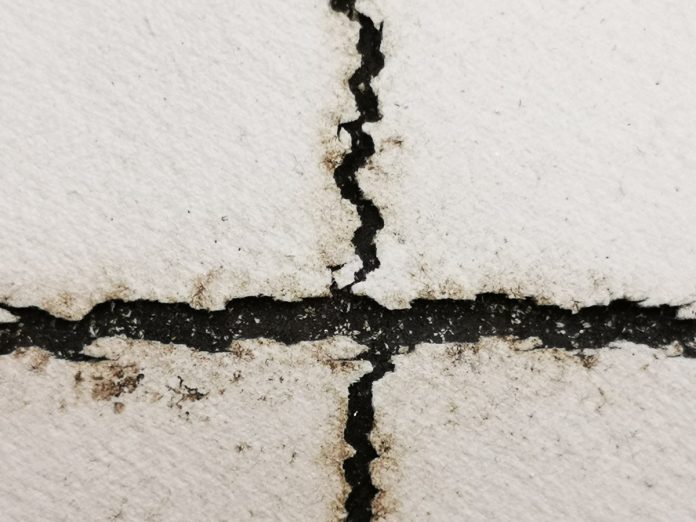Historically one of the most problematic components within PV modules, backsheets have been observed to degrade in outdoor conditions and, in many cases, to fail completely, leading to major losses for investors and highlighting the importance of comprehensive testing of such materials.
The effect of ultraviolet light on backsheet polymers is a notable cause of degradation as it drives ‘yellowing’, which reduces backsheet reflective performance as well as causing other problems.
The effects of UV light are now the focus of a ‘round robin’ study involving five testing laboratories. The labs are collaborating to improve understanding of the interactions between UV rays and the polymers used in PV backsheets, and to develop protocols for accelerated testing of UV exposure.
International
The study has been organized by Germany’s Fraunhofer ISE, with tests also conducted at the Industrial Technology Research Institute in Taiwan, South Korea’s FITI Testing & Research Institute and the U.S.-based Atlas Ametek and National Renewable Energy Laboratory.
The laboratories are investigating the properties of 10 backsheets sourced from several suppliers, all in combination with the same solar glass and EVA-based encapsulant. The backsheet suppliers have not been identified, nor the specific composition of the materials studied, and the resulting paper indicates some of the materials were designed to have weak UV resistance in order to better investigate the degradation mechanisms at work.
The sample backsheets were tested under different light sources and a ‘yellowing index’ was calculated as an indicator of UV degradation. The initial results are published in the paper Round-robin weathering test of various polymeric back-sheets for PV modules with different ultraviolet irradiations and sample temperatures, published in Progress in Photovoltaics.
The testing revealed major differences in results between laboratories which were attributed to differences in spectral UV irradiation and sample temperature, as well as possible errors in the control UV measurements. The scientists involved plan to publish further insights from the round of testing in a follow-up paper and noted, for future testing, taking into account sample temperatures would provide further opportunities to accurately accelerate UV degradation processes.






